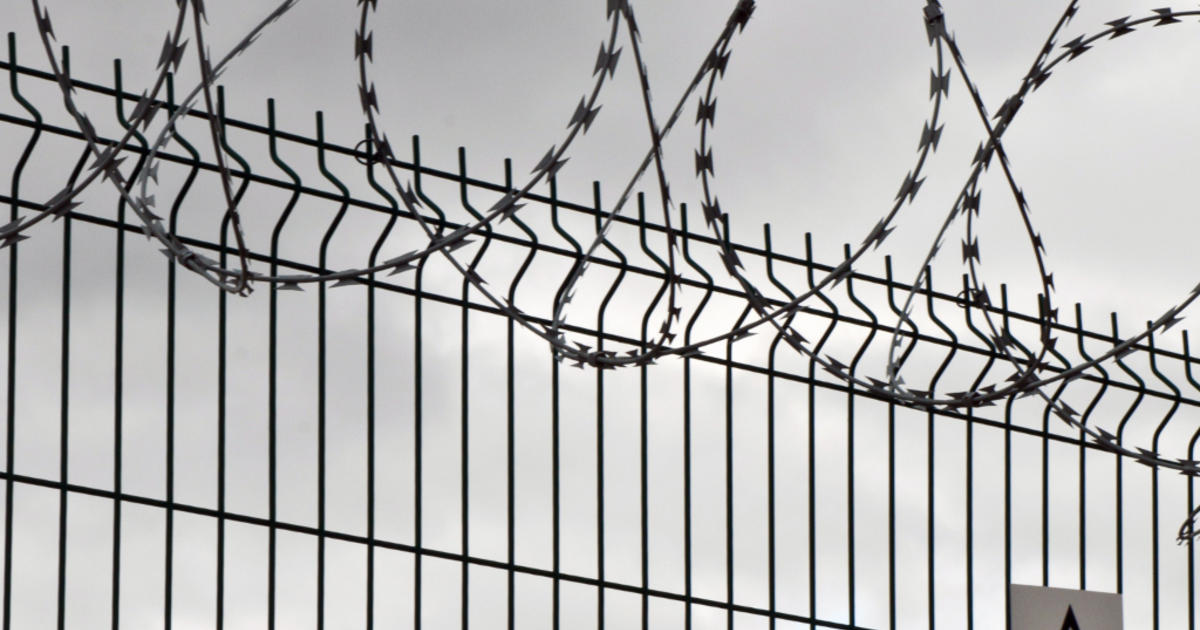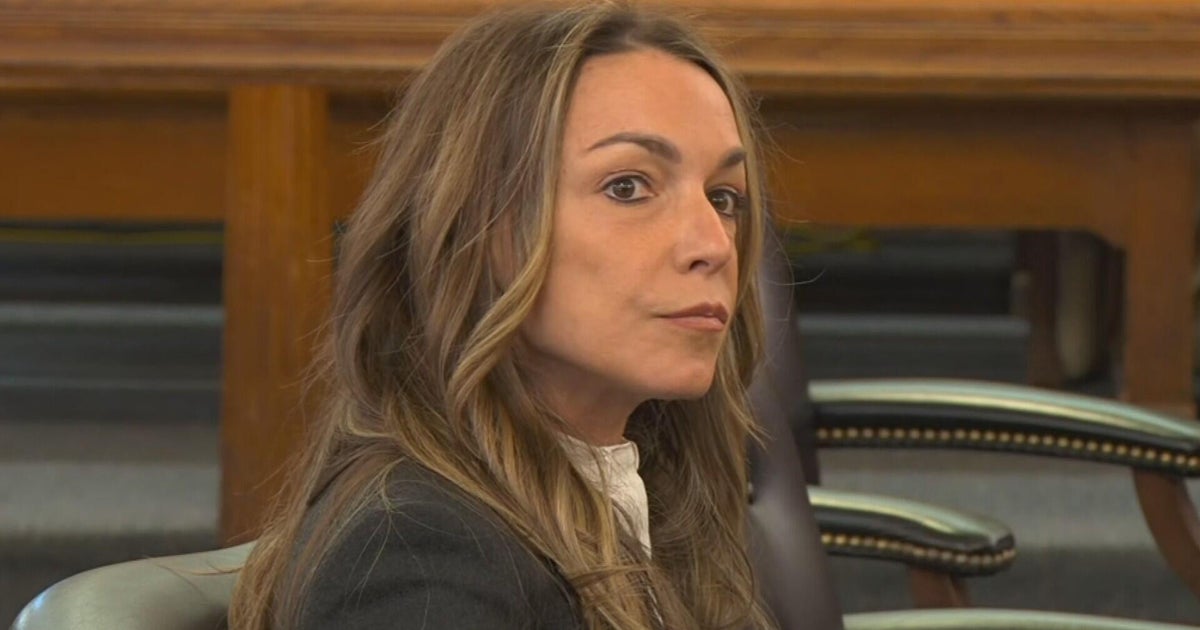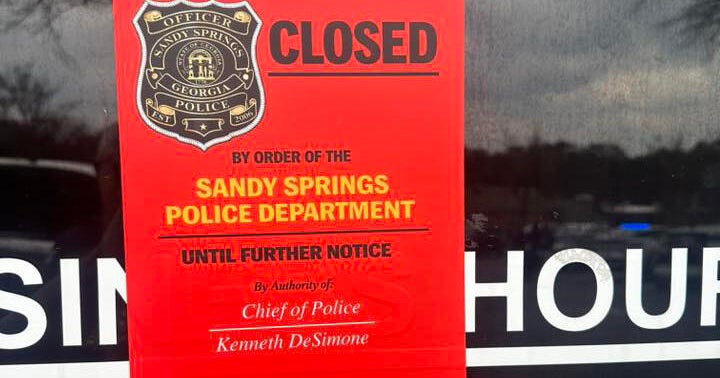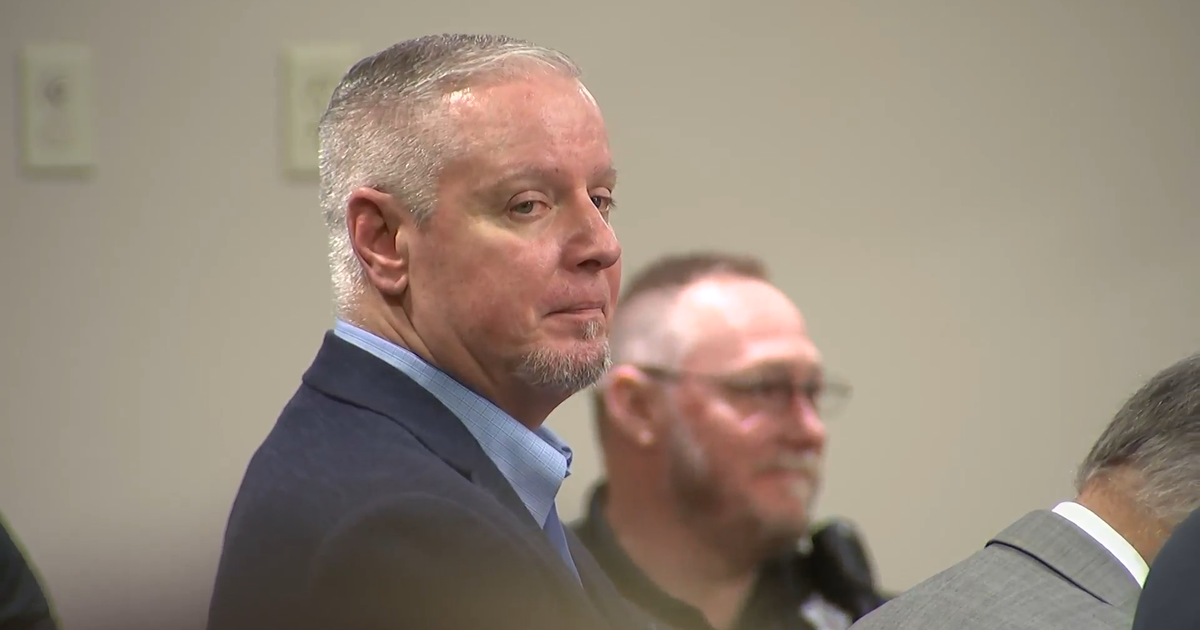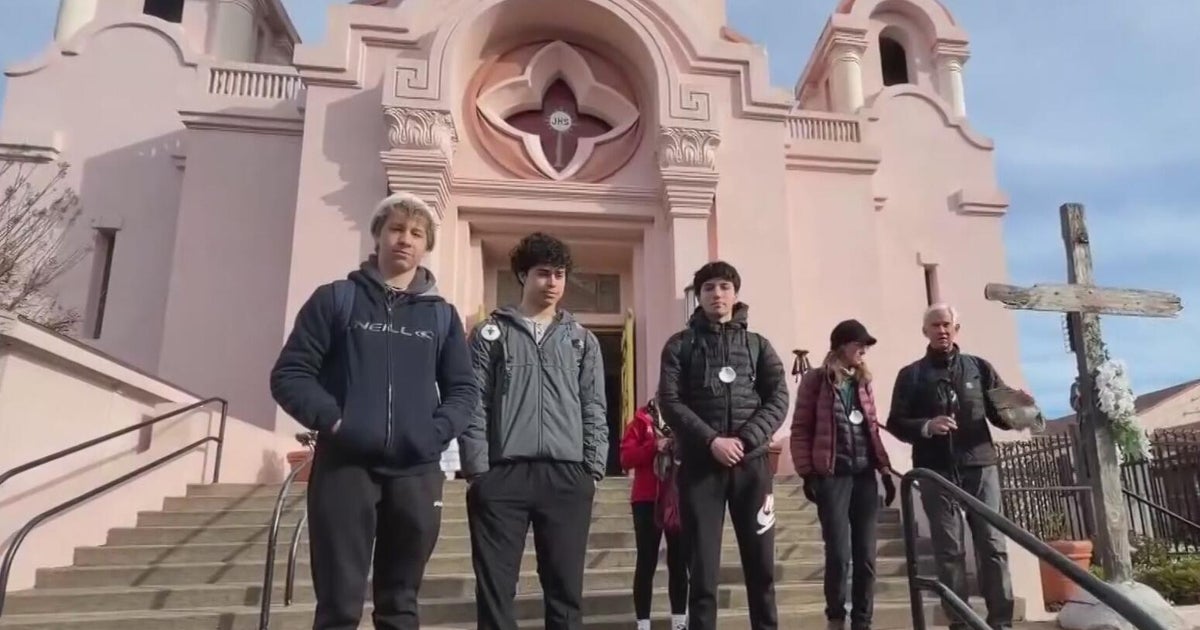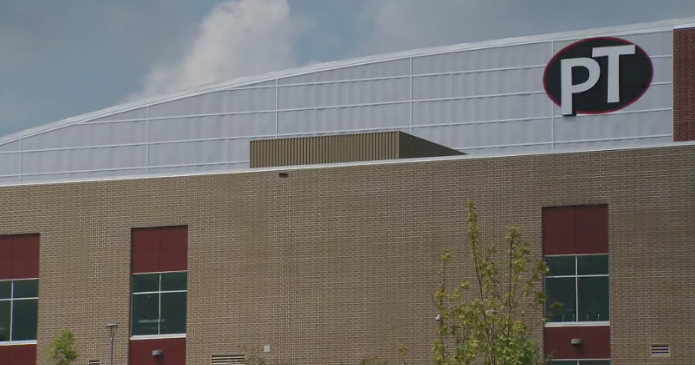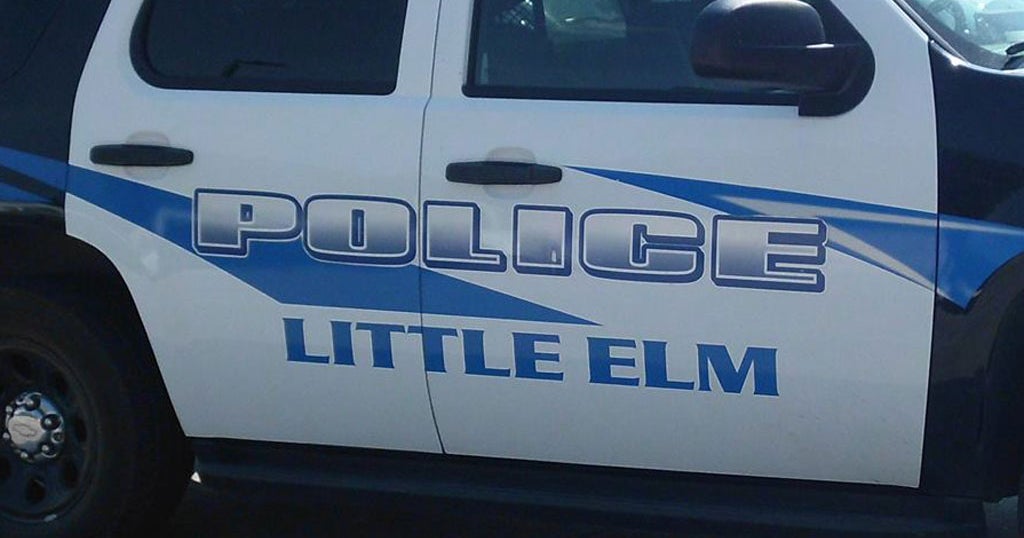Judge To Rule Later On Suppressing DNA Evidence In 'Rideshare Rapist' Case
SAN FRANCISCO (CBS SF) – A San Francisco Superior Court judge on Thursday declined to rule whether DNA obtained from a man during a traffic stop—DNA that prosecutors say links him to four rapes—can be used as evidence in the case.
After more than three days of hearing arguments on a motion to suppress the DNA, among other evidence, and a motion to void the search warrants used in the case against Orlando Vilchez Lazo, Judge Newton Lam asked both prosecutors and the defense for more briefing. Lam said would make a ruling on a later date.
Vilchez Lazo, a former Lyft driver, has been charged with multiple felonies, including four counts of rape, three counts of kidnapping, three counts of kidnapping to commit another crime, and two counts of sexual penetration with a foreign object, force and violence.
Dubbed by police as the "Rideshare Rapist," prosecutors allege Vilchez Lazo, 38, posed as a ride-hailing driver in order to target and sexually assault intoxicated women leaving downtown nightclubs. Prosecutors said he's linked by DNA evidence to four separate sexual assaults in the city: one in 2013 and three in 2018.
In his motion to suppress evidence, Vilchez Lazo's attorney Deputy Public Defender Sandy Feinland argued police violated the Fourth Amendment when they pulled him over on July 7, 2018, and told Vilchez Lazo to blow into a Breathalyzer for a DUI investigation for the purpose of obtaining his DNA for the rape investigation.
Feinland also argued that because the DNA was unlawfully obtained and used to get a search warrant to arrest him, any other evidence found during that search should also be tossed.
Several police officers and investigators took the stand to discuss their roles in the investigation leading up to the July 7, 2018, traffic stop, including the lead investigators in the case, Sgt. Mark Lee and Sgt. Francis Feliciano.
Feliciano testified that he began investigating a series of rapes by a man posing as a ride-hailing driver since June 2018 and already had some evidence to go on, such as information from a Google search, a vague physical description of the suspect and a partial license plate number.
Lee testified that on the early morning of the traffic stop, he'd been following a silver Honda for more than an hour while working undercover. Lee said he observed the Honda driving erratically and circling the block near Temple nightclub, located at 540 Howard St.
He said he also saw the driver, later found to be Vilchez Lazo, pull up near the nightclub numerous times, along with other ride-hailing vehicles, but never pick up any passengers—activity he believed to be suspicious.
When Lee called for uniformed officers to pull over a suspicious vehicle, he requested that the officers tell Vilchez Lazo he was being investigated for driving while intoxicated and use a Breathalyzer to obtain his saliva for the purposes of extracting DNA.
Toward the end of the hearing, Lee admitted that when he initially signed the search warrants in the case that led to Vilchez Lazo's arrest, he considered the detective work done prior and felt police had reasonable suspicion for the traffic stop.
But whether the way the DNA was obtained violated Vilchez Lazo's Fourth Amendment rights, Lam said he still wasn't sure and asked for further briefing to a make a ruling at a later date.
© Copyright 2019 CBS Broadcasting Inc. and Bay City News Service. All Rights Reserved. This material may not be published, broadcast, rewritten or redistributed.
